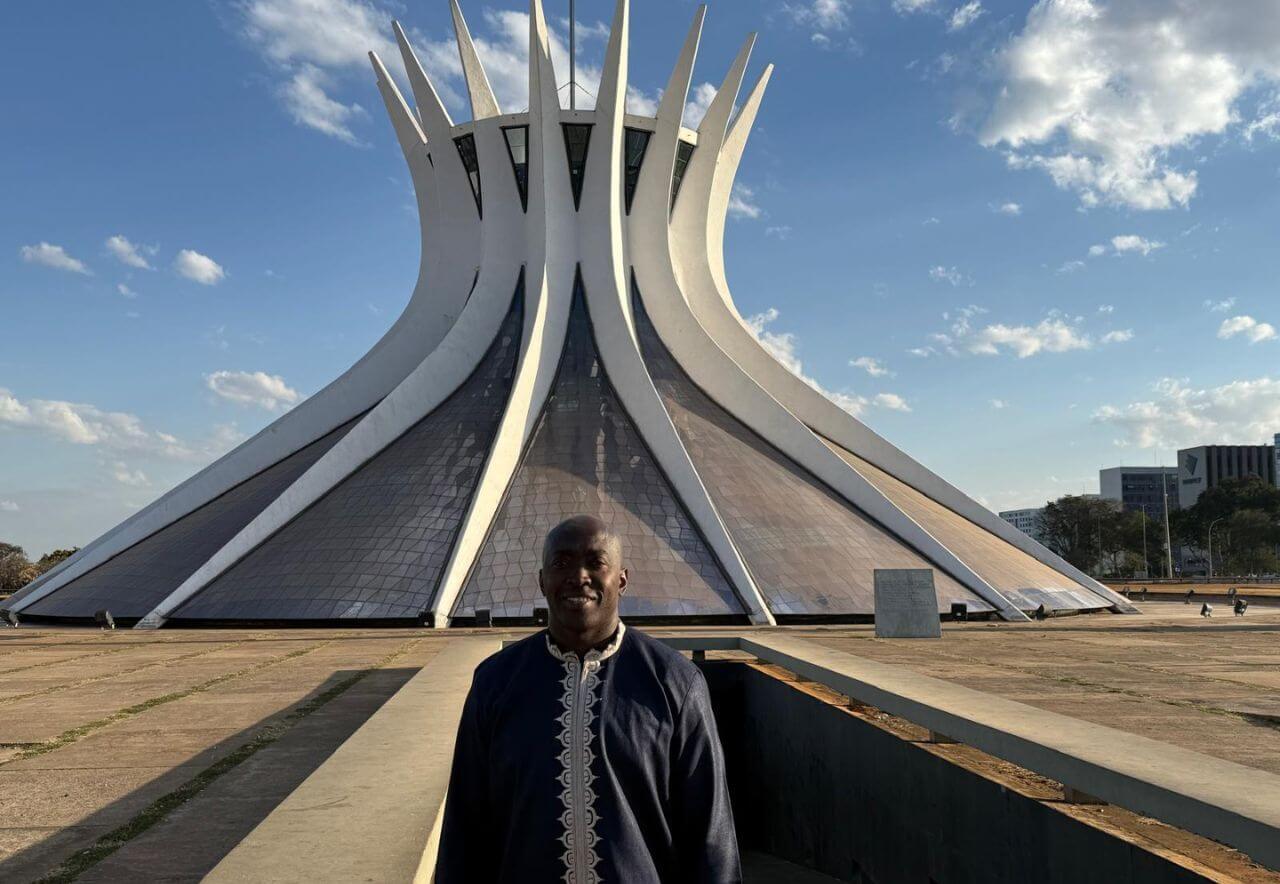Brasília, Brazil – On August 28, EG Justice, Transparency International Brazil, and EthosGov jointly filed a formal complaint with office of the Federal Comptroller General (CGU), urging a suspension of the leniency plea deal between the Government of Brazil and construction giant Andrade Gutierrez. The NGOs argue that the company may have violated the terms of the signed leniency agreement by failing to disclose alleged bribery of foreign government officials by its subsidiary Zagope in Equatorial Guinea.
“Member nations of the Community of Portuguese Language Countries (CPLP) need to vehemently support accountability and the fight against transnational kleptocracy, instead of prioritizing economic solidarity and legitimizing authoritarian regimes in the name of ‘non-interference,’” said Tutu Alicante, Executive Director of EG Justice, who traveled to Brasilia to deliver the complaint. “Given the CPLP’s stated commitments to strengthen cooperation against crime and to strengthen transparency and accountability, Brazil cannot ignore the toll of grand corruption on the people of Equatorial Guinea due to the activities of its corporations.”
The complaint is based on investigations carried out by a coalition of international investigative journalists, including the International Consortium of Investigative Journalists (ICIJ), Expresso (Portugal), Piauí (Brazil), and Diário Rombe (Equatorial Guinea). These investigations allege that Zagope paid €72 million to SoMaGui, a shell company linked to Equatorial Guinea’s vice president, Mr. Teodoro Nguema Obiang Mangue (Teodorin), in transactions that may have continued through and beyond the signing of Andrade Gutierrez’s leniency agreement in Brazil.
The NGOs have requested the CGU open an administrative proceeding to determine whether Andrade Gutierrez breached its 2018 leniency agreement, under which the company committed to ceasing corrupt practices and paying R$1.5 billion in fines. Only a fraction of that amount has been paid to date.
The timing of the complaint is critical, as Brazil’s Supreme Federal Court (STF) is currently considering a CGU proposal to reduce Andrade Gutierrez’s financial penalties by half. The organizations argue that any renegotiation must be put on hold until these new allegations are thoroughly investigated.
This initiative is part of a broader civil society effort to ensure that leniency mechanisms do not become tools for impunity and that international corruption—particularly involving authoritarian regimes—is confronted with transparency and legal accountability.



